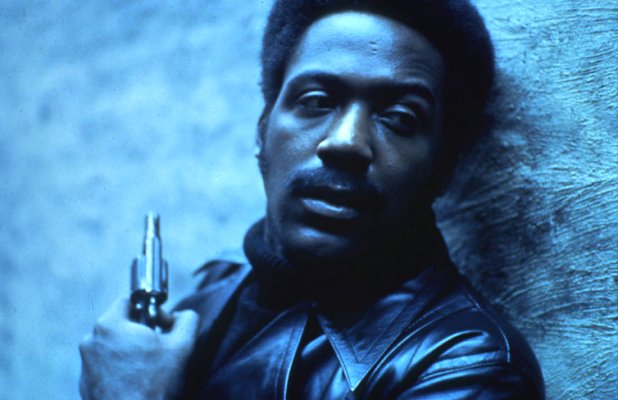People ask me two questions about my second novel.
1) WHY DID I WRITE A NOVEL ABOUT AN AFRICAN AMERICAN SPY?
1) WHY DID I WRITE A NOVEL ABOUT AN AFRICAN AMERICAN SPY?
It was important to me to write a story about an African American spy because it is becoming more and more apparent to me multicultural characters are woefully unrepresented in mainstream film, television, and literary entertainment.
When I was a kid, I read comic books and science fiction, horror, and adventure novels. I can't remember any of the heroes of these works being Black. After a time, I started to see secondary characters and sidekicks who were Black or minority. But they weren't the heroes, and in many instances, they were weak cowardly characters. I felt like much of this was lip service. I loved the James Bond series of films. But James Bond did not look like me. Could only White men and women be spies?
Even when Marvel Comics created the Black Panther, I still didn't really connect. What did I know about Africa? I was a city kid born and raised in Brooklyn. The only jungle I knew was made of concrete.
I guess the first comic book character I read who did reflect something close to my reality was Marvel's Luke Cage: Hero for Hire.
I loved reading about characters, time periods, and worlds wildly outside my frame of consciousness when I was a kid. But I would have also liked to have read about characters who I could identify more heavily with. Characters who looked like me, came from my experience.
I would love for children of color growing up in America today to be able to read books that have characters in it that reflect their race and heritage. Part of African American's disenfranchisement with America today I believe comes from us feeling left out.
Amazingly enough the first character I really related to in cinema, was Ben (played by Duane Jones) in the 1968 "Night of the Living Dead." He was a strong Black man who didn't lose his head in the face of the zombie apocalypse. More importantly, I loved the fact that his race was never mentioned and was never even a factor in the film. He was simply a hero who happened to be Black. The brilliance of filmmaker George Romero was not in his creation of the modern day zombie, but in the brutal irony of Ben surviving the zombie onslaught, only to be shot dead by a redneck hick who thought Ben was a mindless zombie. The statement this made about our our society - which was only three years into equal rights for African Americans - was extremely powerful.
The second question I receive on my book is: WHY THE TITLE SPOOK?
My answer is complex and reflects the duality of my novel. In 1964, discrimination based on race was banned in the United States (at least on paper). In 1965, a bill giving African Americans the power and protection to vote, was signed. Five scant years later we had uber-macho Black male anti-heroes spouting, "Honky pig" as they pummeled racist corrupt White cops in Blaxploitation movies like Shaft and Superfly. And Hollywood found box office gold as not only Black Americans, but also White Americans flocked to these films.
Since my spy John Henry was a product of both the Cold War and the Civil Rights movement, I wanted him to reflect both. As a spy, John is a spook. As an African American man - in the eyes of the prevailing establishment of the day - he is also a spook.
To me the double entendre is a central part of the theme of this work.
Whether I have failed or succeeded, "SPOOK: CONFESSIONS OF A PSYCHIC SPY" is meant to be a genre spy thriller that transcends its genre, segueing into important social commentary.
Maybe even the statement I make about racism and race relationships will be as powerful as the one George Romero made in 1968, when he cast a Black man as a hero, without the need for his character to be Black.

